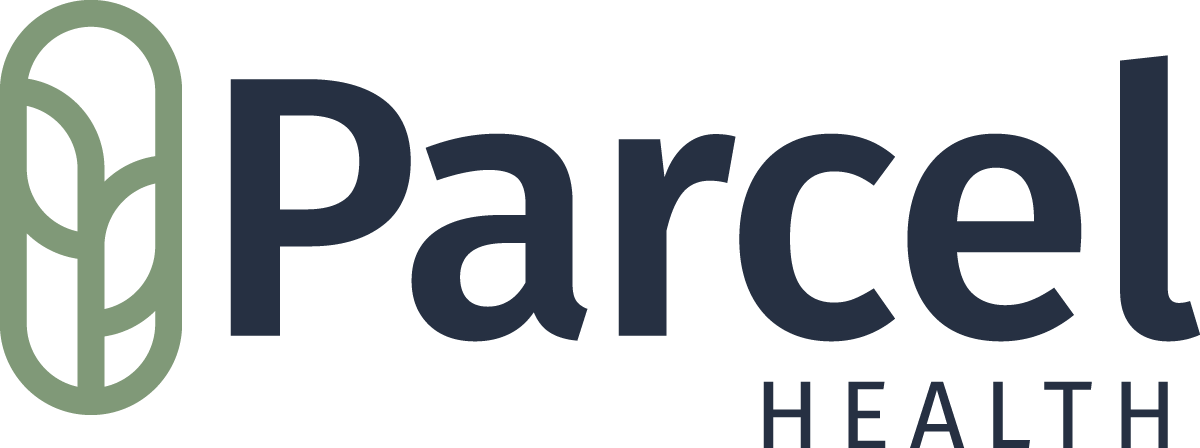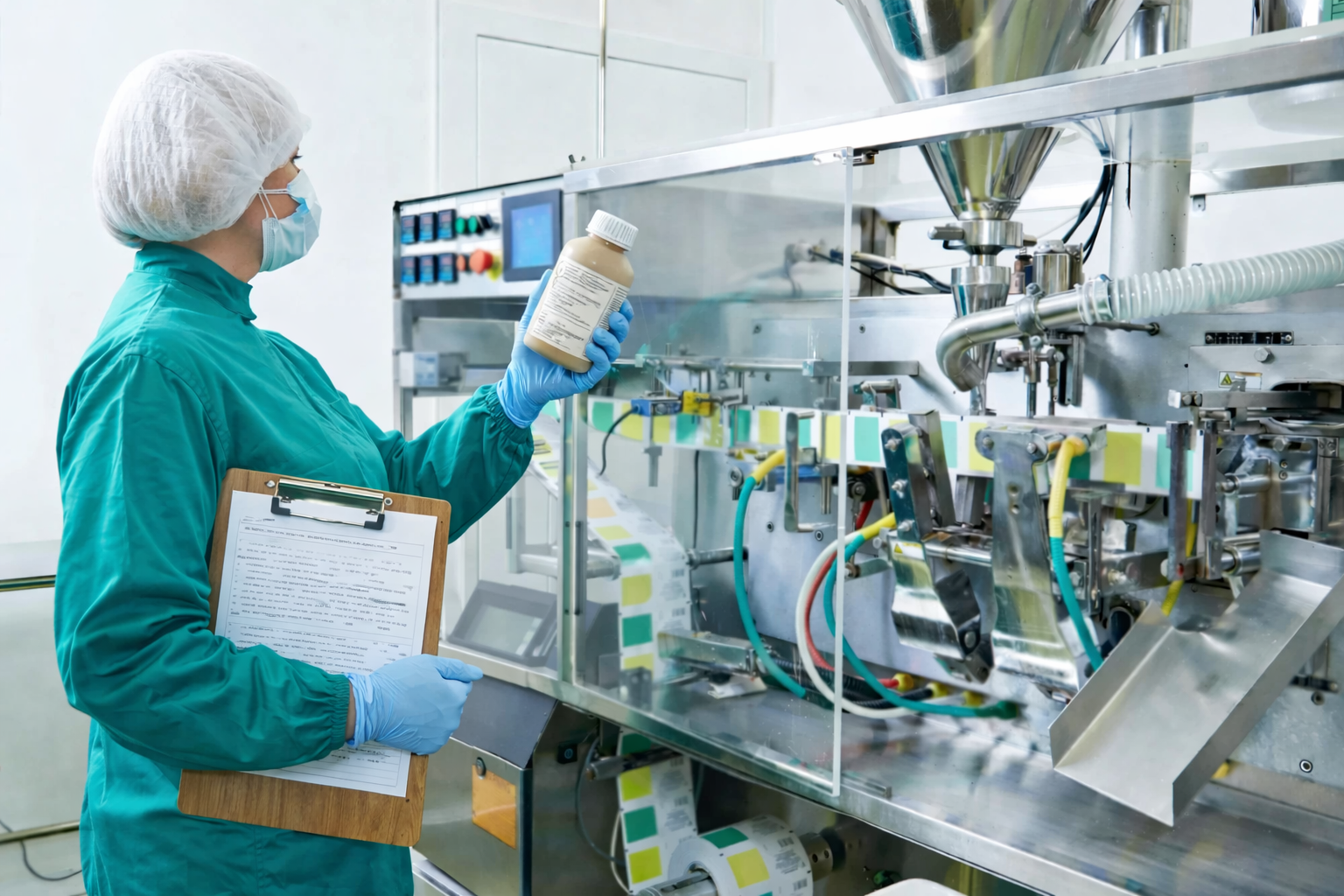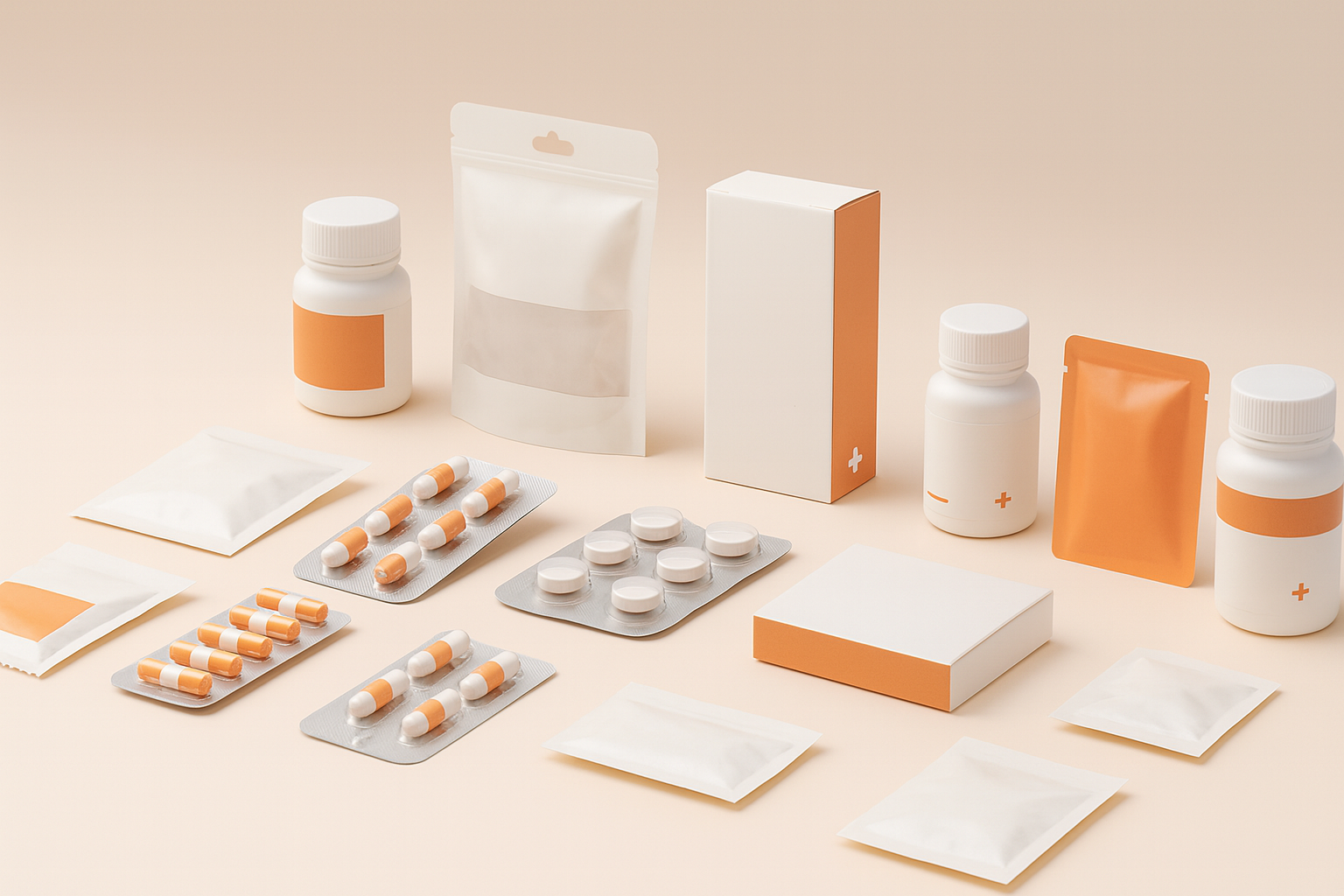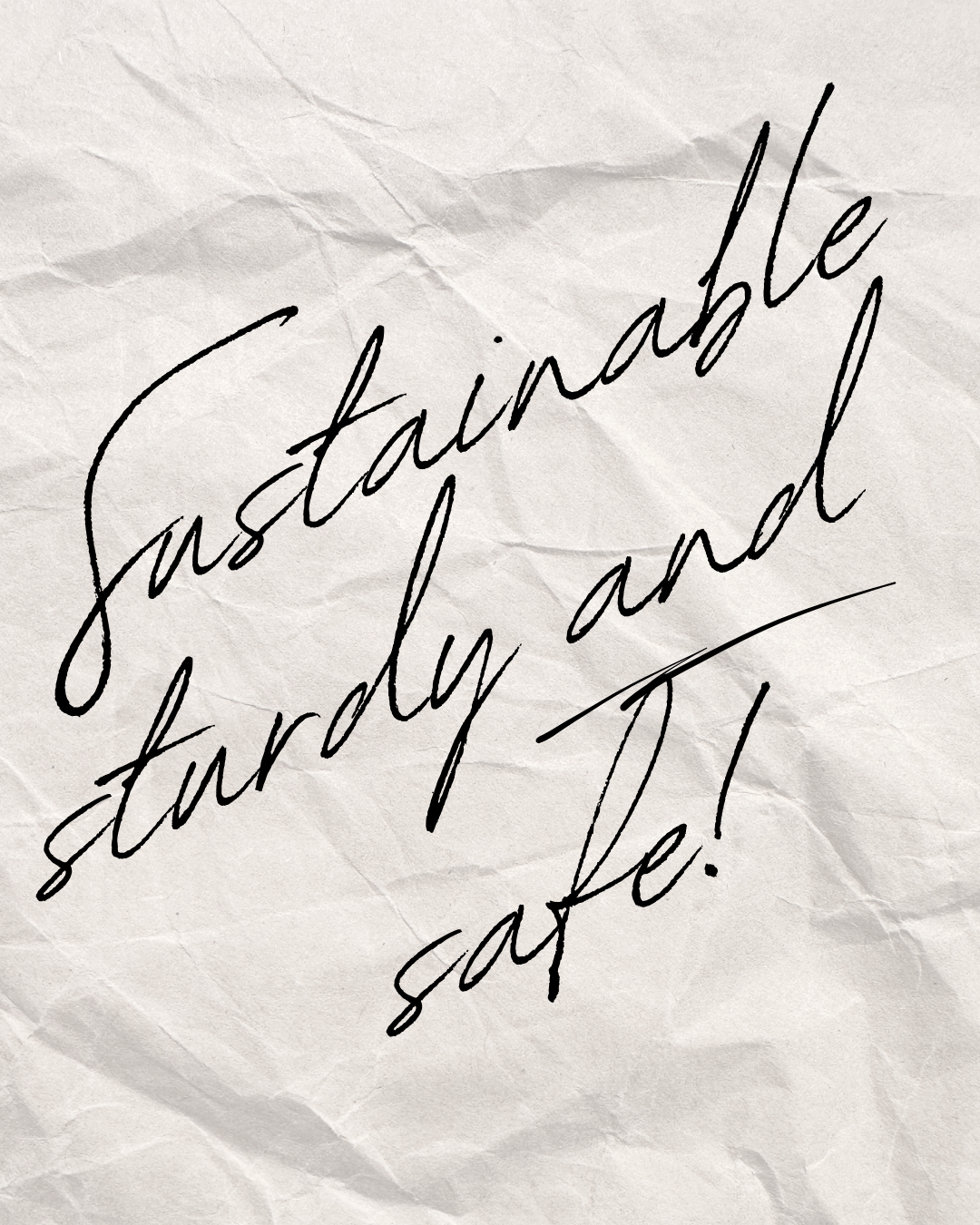June 1, 2025
How Parcel Coat™ Is Redefining Pharmaceutical Packaging
Sustainability and performance-packaging has become more than just a choice of container — it has emerged as an inflection point for an organization to make a statement. Because of this shift, traditional materials like plastic and aluminum are facing growing scrutiny for their environmental and economic costs. Meanwhile, paper is getting a second look.
It’s a new era for paper. In large part, the launch of Parcel Coat, Parcel Health’s proprietary paper layering tech stack, has fueled this renewed excitement about paper.

With Parcel Coat technology, Parcel Health’s Tully Tube now rivals — and in many ways surpasses — the sustainability profile of any comparable plastic or aluminum option, especially for temperature-sensitive medications that are not part of a formal cold chain process.
Let’s break down how.
The Pharmaceutical Packaging Challenge
Temperature-sensitive medications are increasingly common, from certain biologics to oral therapies that lose efficacy if exposed to sudden and extreme temperature swings. However, not all require cold chain logistics. Many simply need a buffer against temperature shifts for a few hours, such as during handoffs, transportation delays, or shelf time. Until now, plastic has been a default choice. But at what cost?
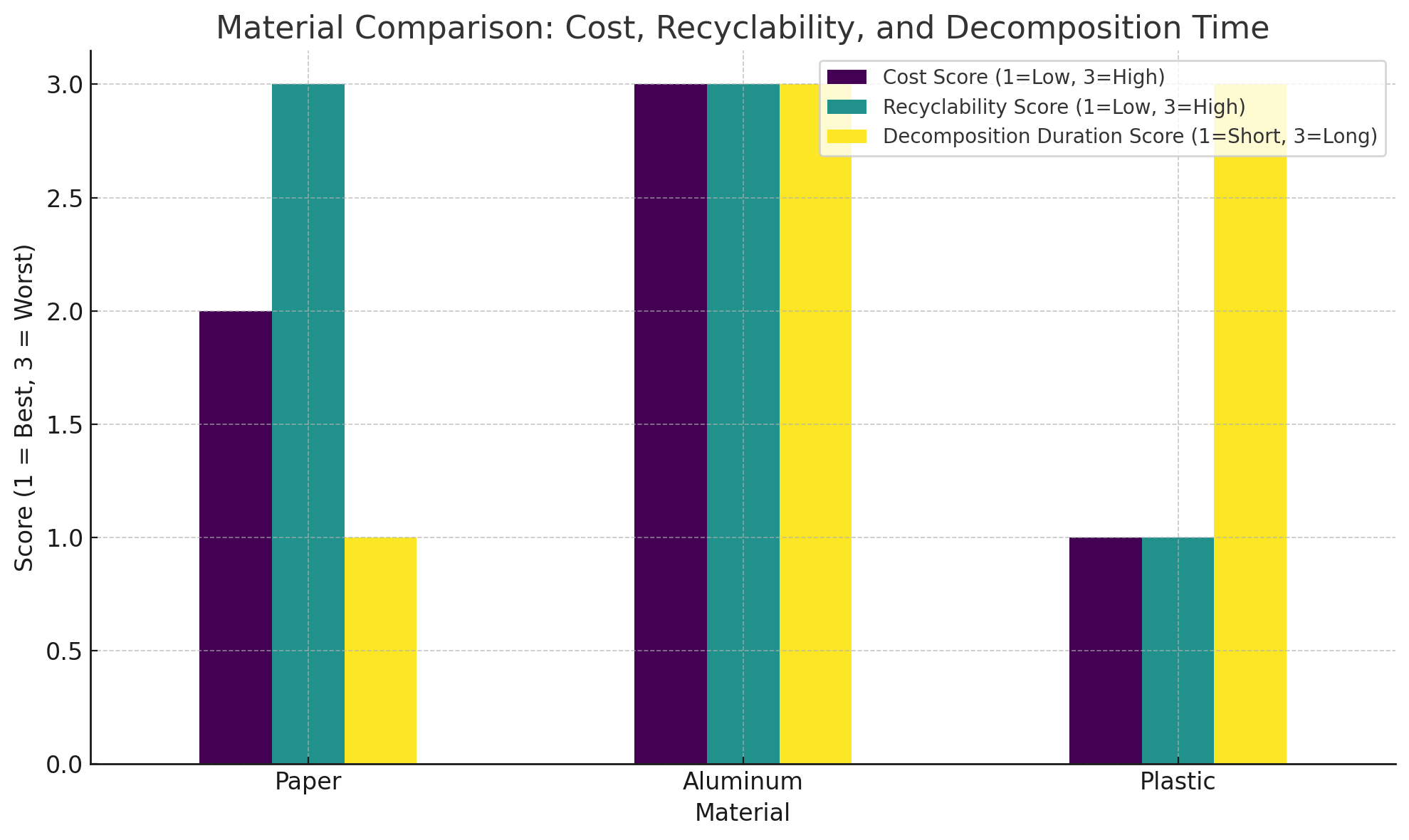
Plastic: Cheap but Costly for the Planet
Pros: Low upfront costs, lightweight, flexible manufacturing
Cons:
- Only 9% of plastic waste is recycled in the U.S.
- Associated with endocrine disruption and microplastic contamination, as recently researched by the National Library of Medicine
- Slow regulatory death by a thousand bans
- Cracks under extreme shifts in temperature
Plastic has been the pharmaceutical workhorse, but its true costs are mounting. Environmental persistence, consumer backlash, and regulatory hurdles are accelerating its obsolescence. According to the National Institutes of Health, mismanaged plastic waste significantly threatens environmental and human health, with over 8 million tons entering oceans annually.
Aluminum: Recyclable, Exceptionally Energy-Intensive
Pros:
- Durable, corrosion-resistant, barrier properties
- Highly recyclable
Cons:
- One of the most energy-hungry materials to produce
- Prone to denting and crushing in transit
- More expensive than plastic and paper
- Recyclable, but with a significant carbon footprint per unit of packaging
According to MSN Packaging, aluminum’s reputation for sustainability is often overstated. "While it is recyclable, the mining and processing of bauxite into aluminum is carbon intensive and harmful to ecosystems," the article warns. When scaled to high-volume pharma distribution, this becomes a major liability — both financially and environmentally.
Paper + Parcel Coat: Reinvented for the Modern Pharmacy
Pros:
- Sturdier than both plastic and aluminum
- Compostable, biodegradable, and made from renewable resources
- Recyclability rate above 90%, even with coating
- Insulates against sudden temperature changes for several hours
- Price point is competitive with plastic, and cheaper than aluminum
Cons:
- Designed to enhance in a cold chain solution features, not replace them,
Designed With Purpose
While Tully Tubes are not designed to replace cold chain solutions, Parcel Coat, has proven to be a game changer. Parcel Coat was formulated to bolster structural integrity, this coating defies the traditional limitations of paper packaging. It doesn’t just match plastic and aluminum in performance — it surpasses them in durability and sustainability.
The Sustainability Advantage
According to Boston Consulting Group, 40% of a product’s lifecycle emissions are embedded in material production and packaging. By reducing the energy demands of production and maximizing recyclability, Parcel Coat directly addresses this emissions gap.
Unlike multi-material plastics, which are often landfilled due to sorting complexity, Parcel Coat bottles maintain a monomaterial profile — making them compatible with curbside paper recycling programs. No greenwashing here: we’re talking about true circularity.
The Bottom Line: Paper as a Packaging Material, is Not Only Better for Pharma, But Better for the Planet
As the pharmaceutical industry faces increasing pressure to decarbonize supply chains and minimize packaging waste, Parcel Health’s robust pharmaceutical solutions, including Tully Tubes protected with Parcel Coat, emerge as the next-generation solution — where performance, sustainability, and cost-efficiency intersect.
Sources:
National Library of Medicine: https://pmc.ncbi.nlm.nih.gov/articles/PMC9885170/
MSN Packaging: https://www.msnpackaging.com/
Our Good Brands: https://ourgoodbrands.com/sustainability-eco-comparative-aluminium-glass-paper-plastic/
Others you might like
Check out some of our latest blog posts.
